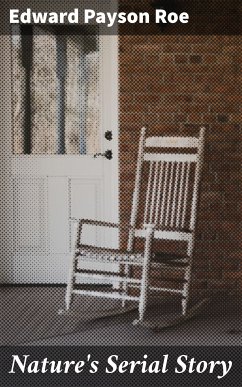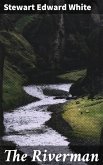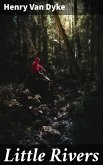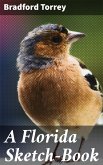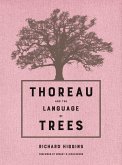In "Nature's Serial Story," Edward Payson Roe intricately weaves a narrative that explores the relationship between humanity and the natural world, employing a blend of romanticism and realism typical of 19th-century American literature. Set against the backdrop of a changing landscape, Roe's novel unfolds as a series of reflective vignettes, each illustrating the profound interconnectedness of life. The author'Äôs vivid descriptions and eloquent prose invite readers to ponder the impact of industrialization and human ambition on nature, all while infusing his work with a sentimentality that underscores the moral dilemmas faced by his characters. Edward Payson Roe, a prominent figure in American literature during his time, drew heavily from his experiences as a minister and a farmer, both contributing to his understanding of rural life and natural beauty. His deeply-held beliefs regarding environmental stewardship and the ethical implications of progress can be traced throughout his works, making him a voice of caution in a rapidly modernizing world. Roe's background in horticulture and his passion for the outdoors enrich his storytelling, allowing him to present nature not only as a setting but as an active participant in the human experience. For readers seeking an engaging exploration of humanity's relationship with nature, "Nature's Serial Story" offers profound insights and lyrical beauty. Roe's reflections resonate with contemporary concerns regarding environmental conservation and the ethical responsibilities we bear toward our surroundings. This book is both a beautiful narrative and a thought-provoking commentary, making it essential reading for lovers of literature and nature alike.
Dieser Download kann aus rechtlichen Gründen nur mit Rechnungsadresse in A, B, BG, CY, CZ, D, DK, EW, E, FIN, F, GR, H, IRL, I, LT, L, LR, M, NL, PL, P, R, S, SLO, SK ausgeliefert werden.
Hinweis: Dieser Artikel kann nur an eine deutsche Lieferadresse ausgeliefert werden.

